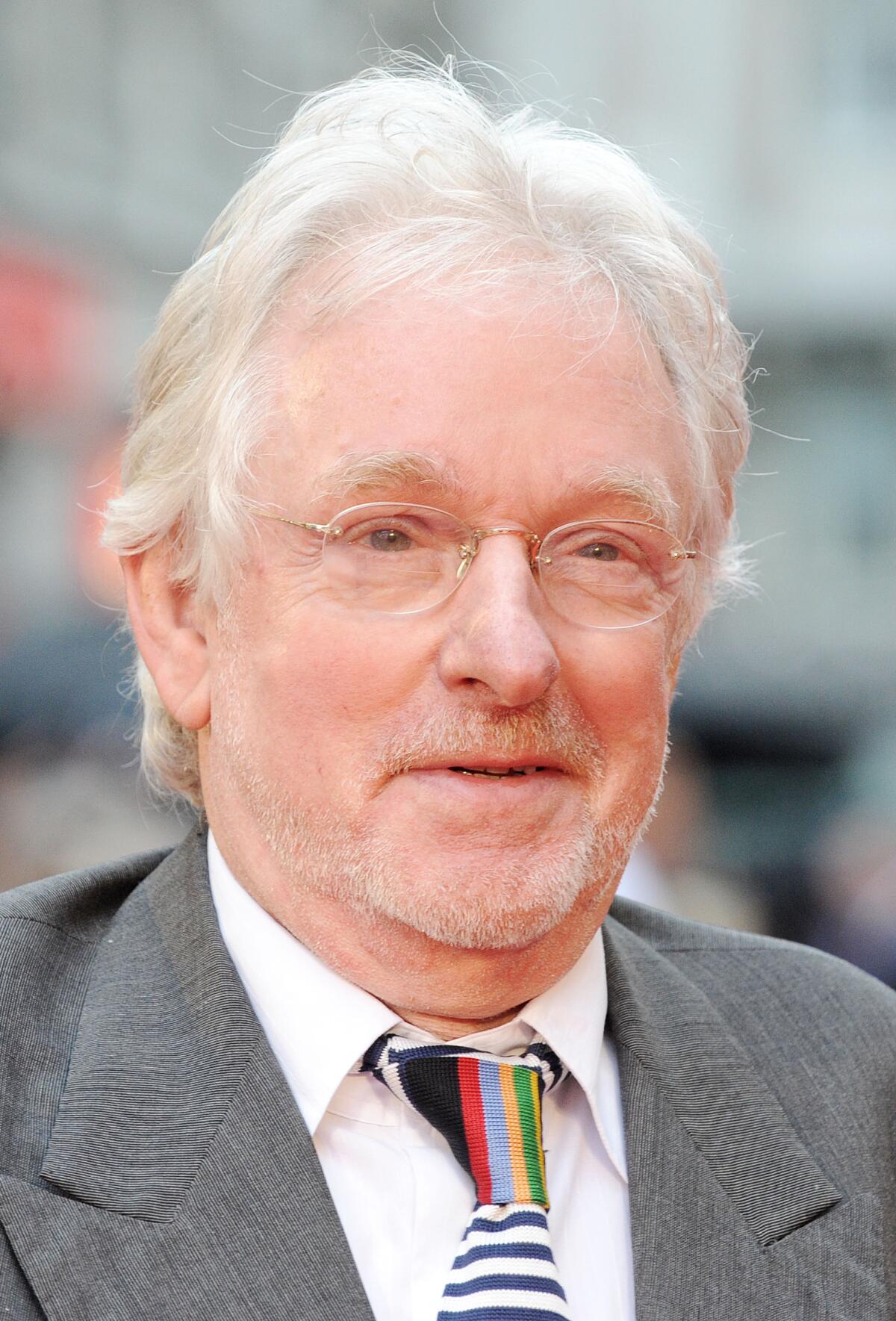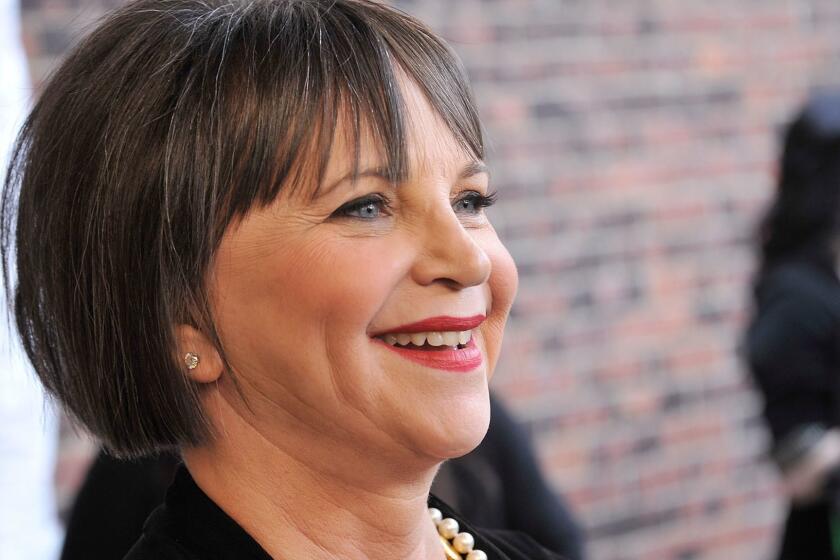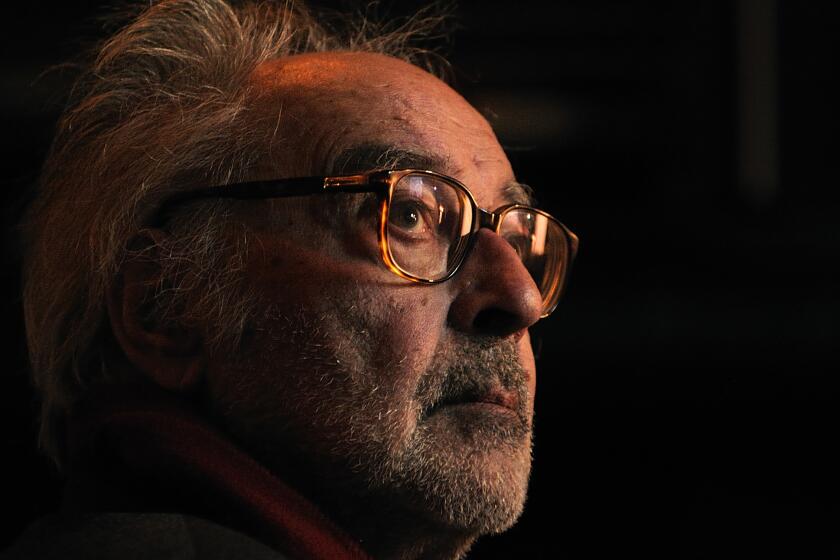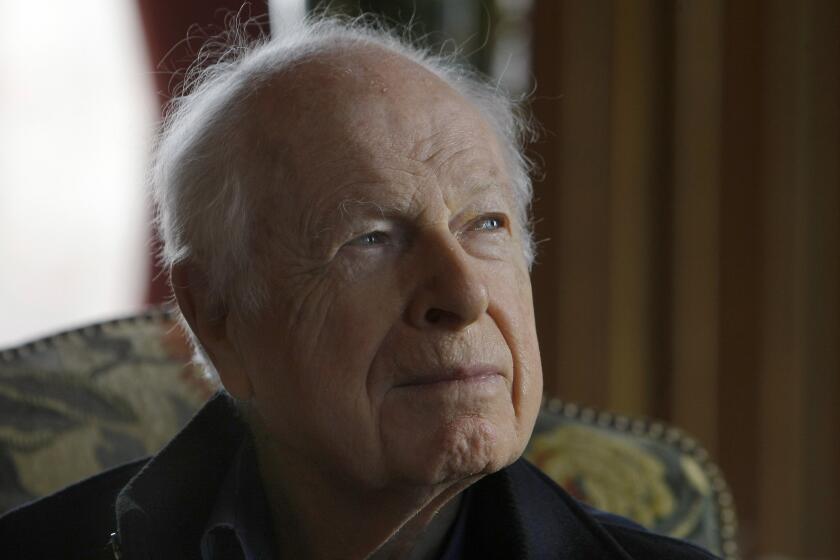Hugh Hudson, director of Oscar best picture ‘Chariots of Fire,’ dies at 86

Hugh Hudson, the director of the influential 1981 film and 1982 Oscar best picture winner “Chariots of Fire,” died Friday at age 86.
“Hugh Hudson, 86, beloved husband and father, died at Charing Cross hospital on 10 February after a short illness,” the director’s family said in a statement shared with the Guardian.
Actor Nigel Havers, who starred in “Chariots of Fire,” told the Guardian he was “beyond devastated that my great friend Hugh Hudson, who I have known for more than 45 years, has died.”
Cindy Williams, who played upbeat Shirley Feeney to Penny Marshall’s wise-cracking Laverne DeFazio in the 1970s sitcom ‘Laverne & Shirley,’ has died.
“‘Chariots of Fire’ was one of the greatest experiences of my professional life, and, like so many others, I owe much of what followed to him,” Havers said. “I shall miss him greatly.”
The 1981 drama was based on the real-life rivalry between two sprinters, Eric Liddell, a devout Scottish Christian, and the English Harold Abrahams, who was Jewish, in the lead up to the 1924 Olympics.
The film saw commercial and critical success in both the United States and Britain and nabbed four Oscars, including best picture and an award for its memorable score.
Godard, who made such films as ‘Breathless’ and ‘Weekend,’ was widely viewed as the most inventive and radical of the French New Wave directors.
In the U.K., “Chariots” was also seen as provocative, with the British Film Institute calling it “one of the decade’s most controversial British films, regarded by its left-leaning makers ([David] Puttnam, Hudson and the writer Colin Welland) as a radical indictment of Establishment snobbery and privilege, but appropriated by others as a conservative paean to Thatcherite values of individualism and enterprise.”
Hudson followed up his success with “Greystoke: The Legend of Tarzan, Lord of the Apes,” which also garnered Oscar nominations, and in 1985 “Revolution,” a historical drama starring Al Pacino and Donald Sutherland about the American Revolutionary War. However, the latter drama bombed at the box office and with critics, earning Hudson a Golden Raspberry award for directing.
The two-time Tony Award winner also received an Olivier Award, an Emmy and an International Emmy during his seven-decade career.
Upon the rerelease of “Chariots of Fire” in 2012, just before the Summer Olympics in London, Hudson said he hoped more diverse audiences would identify with the film’s themes and its character Abrahams, who in the film is “fighting for himself, his rights, who he is.”
Hudson is survived by his wife, Maryam, his son, Thomas, and his ex-wife, Sue.
More to Read
Only good movies
Get the Indie Focus newsletter, Mark Olsen's weekly guide to the world of cinema.
You may occasionally receive promotional content from the Los Angeles Times.













